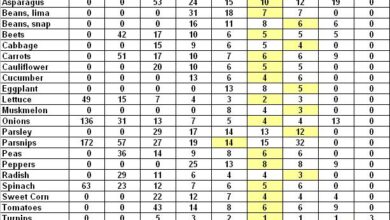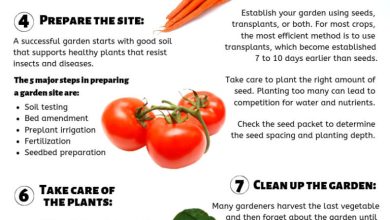Horse Manure: [Properties, Benefits and Application]
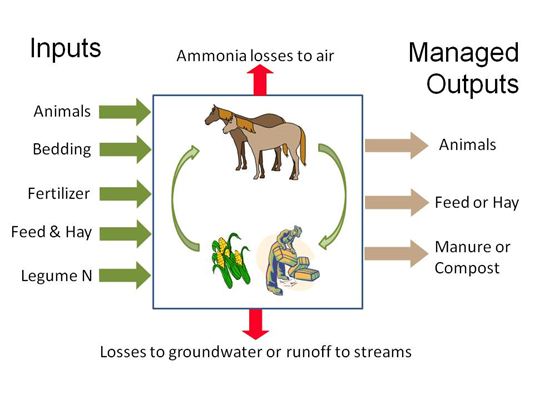
The fertilizer is achieved through the mixture of different elements and, among all of them, horse manure is one of the favorites.
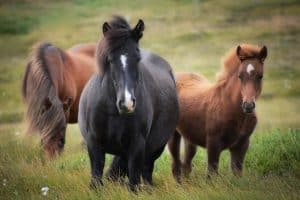 This is because it brings together a large amount of nutrients that will help plants grow much more strongly.
This is because it brings together a large amount of nutrients that will help plants grow much more strongly.
Don’t you have horses? Don’t worry because you can buy it at a farm store, so there are no excuses not to take advantage of its use.
What is horse manure?
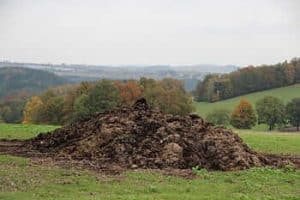 Horse manure is the product obtained from the feces of these animals.
Horse manure is the product obtained from the feces of these animals.
This product, it is the waste generated by the organism, it is rich in certain elements that are positive for the crop.
Of course, if you have a horse at home, you cannot apply organic matter such as manure directly on the roots.
To prepare it, specialists recommend making a mixture with remains of green matter (leaves, straw).
This preparation avoids the bad smell and helps to reduce the levels of acidity that it has.
What properties does horse manure have?
Horse manure has gained popularity due to all the properties it has, which we can summarize below:
- Easy fermentation: this manure lasts much less in the fermentation work than others that are also used in agricultural processes. This makes it a good support for creating home compost.
- Kills bacteria that are harmful: when creating homemade compost, bacteria that are not beneficial for crops are likely to be generated and horse manure has an easy time eliminating them.
- It is low in nitrogen level: all plants need nitrogen to grow and, in fact, many fertilizers are based on this component to apply. But it is important to have it very well controlled to avoid damaging the crops and since the manure is low, the necessary amount can be applied later.
Why can it be beneficial for our orchard or garden?
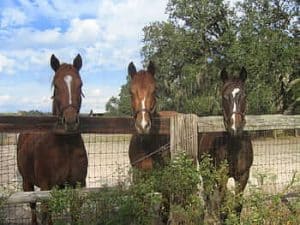 The benefits of horse manure occupy a wide variety of elements, from the nutritional contribution to the care of the land.
The benefits of horse manure occupy a wide variety of elements, from the nutritional contribution to the care of the land.
Among the benefits that are directly linked to the land, we have to help prevent weeds from growing, as if it were mulch.
Likewise, it helps to make its structure more favorable for planting, contributing to the recovery of those who are impoverished.
For the latter, it is useful to say that it has a good price, so making use of it in large quantities does not entail a greater investment.
However, it can be applied not only before planting, but after planting to provide root protection. Another important issue regarding the benefits is that it can be applied at any time of the year, also helping winter plants, for example.
The greatest nutritional contribution will be achieved by working it as part of the homemade organic matter such as homemade compost, mixing its positive values with that of the rest of the materials.
How should we apply horse manure?
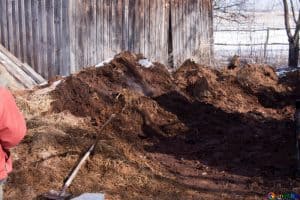 In order for the horse manure to do a good job on the land, it is best to mix it with the soil before proceeding with sowing.
In order for the horse manure to do a good job on the land, it is best to mix it with the soil before proceeding with sowing.
When this process is carried out some time in advance, what is achieved is that the plants find a higher quality soil.
Likewise, the texture of the land improves, making it more aerated and light, which is useful for irrigation and drainage. Today, horse manure is sold in bags, ready to apply to the land that is needed without having to do a great procedure.
Bibliography and references
- K Simpson, Jesus F.; Terreros Ceballos, Manuel Ramis Vergés. (1990). Fertilizers and manures. Acribia. Madrid Spain.
- Moreno Vega, Alberto. (2015). Activities of irrigation, fertilization and treatment in crops. Auditorium Editions. Madrid Spain.
- Chapingo Autonomous University. (1999). Vermiculture and organic fertilizers. International Symposium and First National Meeting. Chapingo-Mexico.
- Felix-Herran, Jaime Alberto; Sanudo-Torres, Rosario Raudel; Rojo-Martinez, Gustavo Enrique; Martinez-Ruiz, Rosa; Olalde-Portugal, Victor. (2008). Importance of organic fertilizers. Ra Ximhai. Autonomous Indigenous University of Mexico. El Fuerte, Mexico. Reproduced from: http://www.redalyc.org/articulo.oa?id=46140104
- Rimsky-Korsakov, H.; Alvarez, C.R. (2016). Management of soil fertility in organic plantations. First edition. Editorial Faculty of Agronomy (EFA), University of Buenos Aires, Argentina. Reproduced from: https://www.ciaorganico.net/documypublic/126_libro_fertilidad_de_suelos-pvo_isbn.pdf#page=134

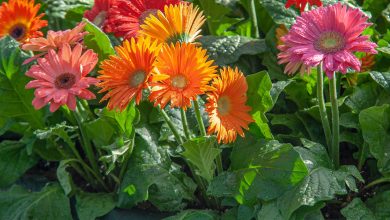
![Photo of Potato Beetle: [Identification, Elimination and Prevention]](https://www.complete-gardening.com/wp-content/uploads/2022/08/potato-beetle-identification-elimination-and-prevention-390x220.jpg)
